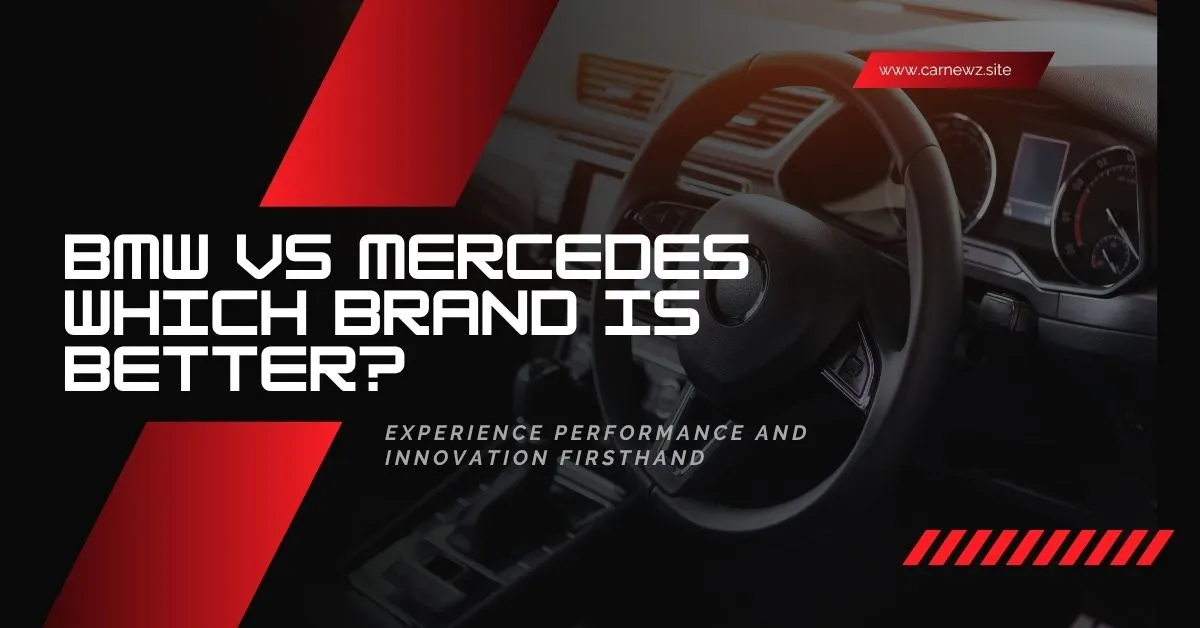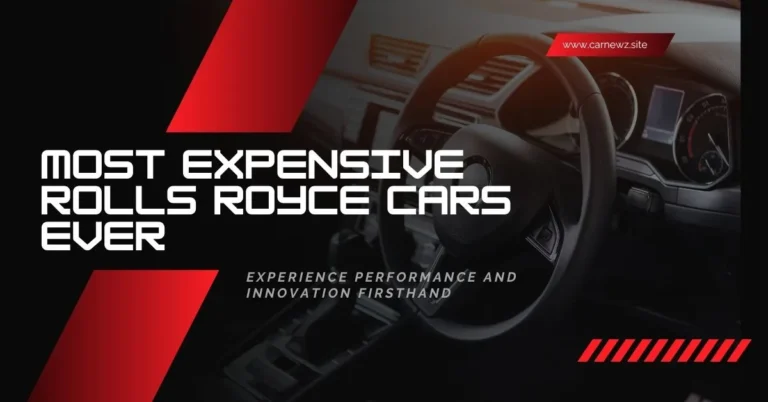Introduction
When it comes to luxury cars, a common debate arises: BMW vs Mercedes. Both brands are giants in the automotive world, known for their quality, performance, and innovation. As an enthusiast myself, I often find myself pondering which brand truly stands out. In this article, I’ll break down the differences and similarities to help you decide which brand might be better for you.
Performance and Driving Experience
First things first, let’s talk about performance. When I think of BMW, I think of a brand that delivers a sporty and thrilling driving experience. BMW models are renowned for their agility and handling. For example, the BMW M3 is often celebrated among driving enthusiasts for its responsiveness and speed.
On the other hand, Mercedes-Benz focuses more on comfort and refinement. Their vehicles, such as the E-Class, provide a smooth and luxurious ride, making long journeys feel effortless. You might not get the same sporty feel as a BMW, but the comfort and elegance are hard to beat.
Technology and Innovation
Both brands are known for pushing technological boundaries. BMW has introduced the “Neue Klasse” platform, which comes with advanced features like the Panoramic iDrive and AI-driven personal assistants. It’s designed to enhance your driving experience with an intuitive interface.
Conversely, Mercedes-Benz has launched its MB.OS operating system, which integrates seamlessly with various vehicle functions. The chip-to-cloud architecture allows for enhanced control over infotainment and autonomous driving features. The level of sophistication in both brands is impressive, but it ultimately boils down to your personal preference.
Infotainment Systems
When it comes to infotainment, BMW offers the iDrive 9 system, which boasts improved voice commands and a curved display. You’ll find that deeper integration with BMW ConnectedDrive services makes for a more connected experience.
Mercedes-Benz, however, takes the cake with its MBUX Hyperscreen. This expansive glass dashboard spans three screens and offers an AI-driven interface that personalizes your experience. If you’re someone who loves tech and seamless integration, you might lean towards Mercedes.
Autonomous Driving and ADAS
In the realm of autonomous driving, Mercedes-Benz has taken a significant lead with its Drive Pilot system, which offers Level 3 autonomy. This system is legally approved in parts of Germany and select U.S. states, providing a glimpse into the future of driving.
While BMW is making strides, they currently offer advanced Level 2+ driver assistance systems. They’re planning to roll out Level 3 capabilities in their upcoming Neue Klasse lineup, but for now, Mercedes is ahead in this category.
Sustainability and Corporate Responsibility
Sustainability is becoming increasingly important in the automotive industry. BMW aims to reduce CO₂ emissions per vehicle by 40% by 2030, focusing on energy-efficient manufacturing and carbon-neutral practices.
On the flip side, Mercedes-Benz is committed to achieving a fully carbon-neutral new car fleet by 2039. They are also using renewable energy in all their European factories. If you’re environmentally conscious, both brands are making efforts, but Mercedes is slightly ahead in their commitments.
Reliability and Maintenance Costs
Now, let’s discuss reliability. BMW offers service packages that can help keep maintenance costs manageable. However, specific costs can vary widely.
Mercedes-Benz, on the other hand, is often recognized for its reliability and durability. Generally, they tend to incur lower maintenance costs over time. This could be an important factor if you’re looking for a long-term investment.
Sales Performance
Looking at the sales performance, BMW reported a 2.3% decline in sales for 2024, yet they outperformed their rivals, including Mercedes-Benz, which saw a drop of 3%. This indicates that BMW still holds a strong position in the luxury market.
| Brand | 2024 Sales Performance |
|---|---|
| BMW | -2.3% |
| Mercedes-Benz | -3% |
Final Thoughts
Choosing between BMW and Mercedes-Benz ultimately comes down to your personal preferences. If you value sporty performance and cutting-edge technology, BMW might be the better choice for you. However, if luxury, comfort, and advanced infotainment systems are more your speed, then Mercedes-Benz is likely the way to go.
Both brands offer exceptional vehicles, and I’d recommend test-driving models from each to see which fits your lifestyle best. Remember, the best brand is the one that aligns with your values and driving desires!




